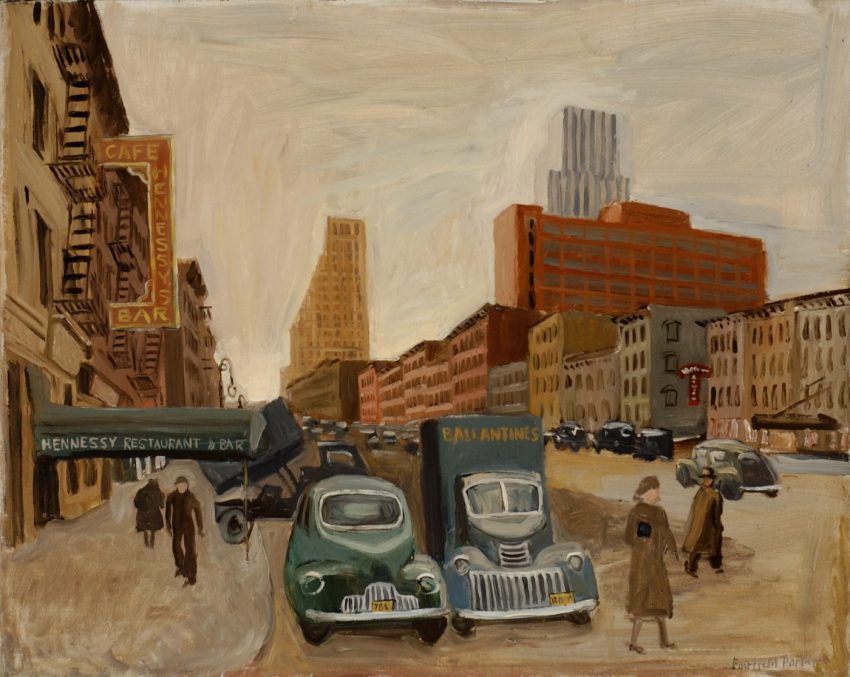She often wondered about traditions what they were and who they were for. Were they for the living, or in memory of the dead? To which did they honor? What were their origins and how important are they really? There are the traditions that are passed down to us by our family, our ancestors and those of a specific culture. There are traditions of our own making and those we have no idea where they came from. How do we pick and choose which ones we adopt for ourselves? How important is it to have traditions and what if you never had any of your own? These are all questions she had but didn’t know who to ask. She was an orphan and didn’t remember any “family” traditions, she wasn’t even sure if there were any. She didn’t have any memory to speak of prior to going to live in the orphanage. She had been told she was about 3 yrs old when she came there, but that was just a guess as no one knew for sure, and no record of her birth had been found. From what she had been told, her circumstances had improved after she became a ward of the state. She had a roof over her head, food in her belly, and a warm bed to sleep in. Since no one knew her actual birth date the matrons who looked after the children had picked one for her. She had come to the orphanage on September 3rd, 1926, and from that day on, that was her birthdate. She figured it was as good a day as any to celebrate the passing of another year, and so far, it was her first and only tradition. There weren’t really what you would call traditions at the orphanage as much as a strict schedule to follow. It was one of the ways to help bring order to chaos. Holidays and birthdays were observed, but mostly because the calendar kept track. She had come of age and had been on her own for a few years now. She had a comfortable apartment that was in close walking distance to her job as a typist. She had been lucky that the orphanage where she grew up had a private benefactor who implemented job training programs to help prepare the children for the world once they left. Typing and shorthand had come easy to her and helped her to land a good job with a decent wage. On her days off she would wonder around the city visiting the different neighborhoods and wondered what it was like to grow up with familial roots. What family traditions might they observe for Christmas or New Years, say? Did everyone observe these same holidays, or did they have their own? Then there are the traditions and customs that go beyond holidays. The ones that signify birth, death, coming of age, religious or spiritual, and the list goes on and on. Was it any wonder she was fraught with a degree of anxiety when trying to make sense of it all? She had been invited by a friend from work to come to her family’s home for a Sunday dinner. It was their tradition for the children and their families to gather to reconnect with one another and share their stories. She had enjoyed herself very much and had been made to feel welcome, but she had never experienced anything like this, and it was a little overwhelming. Still, she appreciated the invitation and thought she might like to have this same tradition someday when she had a family of her own. Traditions. This was the one thing that she felt she missed out on from being raised in an orphanage. She didn’t resent growing up there, she was actually quite grateful. She realized how her life could have been so much worse if she had not been found and taken there. It’s doubtful she would have survived for very long on the street, but she had no knowledge of her lineage and was unable to draw from any cultural reference. She had no identity to speak of other than the one she had been given. On the other hand, she thought, this just might be a blessing in disguise. She was after all starting with a clean slate. She could pick any tradition or custom that felt right to her and make them her own. She had nothing to draw from but her innate desire to somehow belong to the same club as the people who come from a background with rich traditions that are passed on for generations. She vowed to herself she would remedy this situation and she would be prepared with a passel of traditions to practice and pass on to her future family. As far as she was concerned this was the most important task she had ever set for herself and one she would relish for years to come. Finally, she felt at peace with who she was and where she came from and knew she would not take for granted the gifts from having a history of traditions.
*Artwork by Fairfield Porter
Category: Stories of a sort



Koneta, I love this story of gratefulness, insight and choices. I would love to see more chapters showing the choices and the traditions that spoke to her soul. I believe you can make a book for young people… One that would give them insight on making right choices!